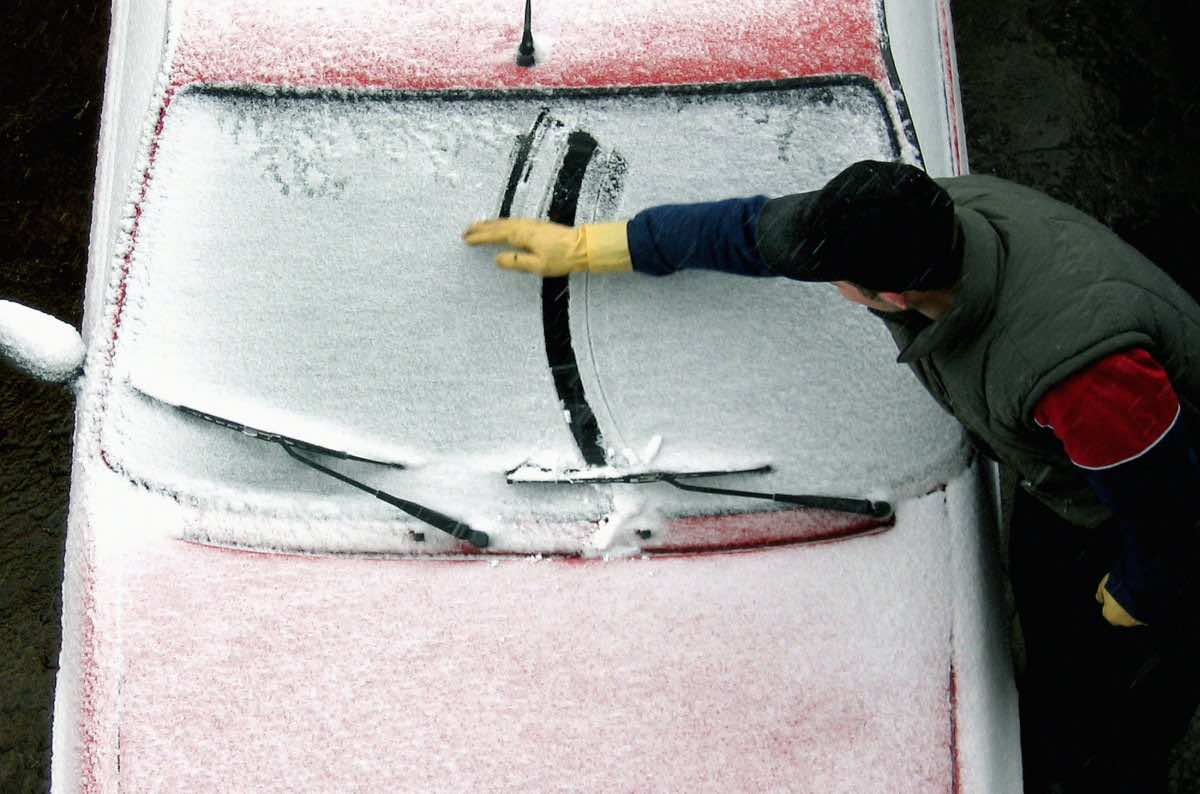In Austrailia, people are bearing the extremely hot weather that is setting new records and on the other hand, US citizens are experiencing the extreme cold weather. The temperature has fallen so low that the Hudson River froze over. The last time this happened was back in 1867. For people who need to drive their cars and leave their homes early in the morning because of work or kids, these extremely low temperatures are a nightmare.
As a result of the low temperature, cars may get a frozen engine damage. Engines that rely on combustion can generate a huge amount of heat. This heat can damage the sensitive components in the car and can even cause fires or explosions. A coolant is used to absorb the heat and prevent the pressure build up. But using water as a coolant also becomes a huge problem in low temperatures.
When water freezes, it expands and can be catastrophic for engine blocks. It can also give dents or even destroy the component. For this purpose, we use an anti-freeze. It’s a chemical that prevents the coolant from freezing. But anti-freeze is only good until the temperature doesn’t drop -35F. After this point, you cannot save your car from the cold.
Don’t Leave Your Car Idle
People think that turning on the car and letting the car warm up on its own is a good solution to the problem. And if the coolant is freezing it will melt on its own, no? Actually no. The old carburated engines work this way but if your car doesn’t have a carburetor then it is not a good idea to keep it idle or the car might stall out. The modern engines with electric injectors actually inject more gas in the fuel mix to overcome the low temperature. This mix can act as a solvent and can strip oil from the engine. As a result, it can cause problems for the piston and can generate a lot of friction during the injection process.
Therefore, it is best not to idle your engine. If you start your vehicle and engine it not heating well, it is best that you start driving right away. This will heat up the engine quickly and as much as it needs to heat up. However, be slow at first and give less throttle because there are chances that the cold will affect other parts of the engine.
Check The Car Conditions Regularly
The temperature which can freeze the anti-freeze coolant with them is extremely dangerous. If you are attempting a quick maintenance of your car, make sure you are well prepared. This kind of weather is also not very friendly to drive on since there are icy roads, cold fog, and snow. When you will finally be running your car on the snowy road, you should be sure that the tires have enough grip.
The temperature gauge on your dashboard will keep you alert about the heat changes. If your engine starts to get overheat, turn off the car at once. The frozen coolant in the engine can cause an explosion.

Try to Remove The Engine Block Tactfully
If it is essential for you to leave the house in the harsh environment, there are few things that can get your car running safely. If you have a garage, the best way to melt ice would be to use a heater or a hot blower to remove the ice faster. Be cautious while you do this since while melting the water that runs off due to melting can be dangerous.
After the coolant has melted fully, drain it and fill it with a 1:1 mixture of water and anti-freeze. If you don’t have anti-freeze, you cannot get the car operational. Since you need something to keep the coolant from freezing. The cold air is not enough to keep the engine from overheating and can create tons of problems.
Make sure you change the radiator fluid before the temperature falls a certain level.
Electric Vehicle Maintenance
Electric batteries are also less efficient in cold weather. The new technology made electric vehicles better at dealing with the extreme temperatures. The biggest advantage an electric vehicle has over an ordinary car is that the electric battery can be heated up using internal heating pads. This is not a recommended solution for ICEs.
Your electric car might still experience some difficulty while being driven in cold weather just as an internal combustion engine vehicle would. Since it doesn’t require a radiator to cool down the engine, you won’t be needing to thaw the engine. Your electric vehicle should run with similar efficiency even in cold temperatures just like it runs in the normal conditions.
Since your vehicle is a source of your daily commute and safety, it is very important to keep its maintenance upto date and also take precautions with little things that can save you from huge losses and unpreditable situations.


